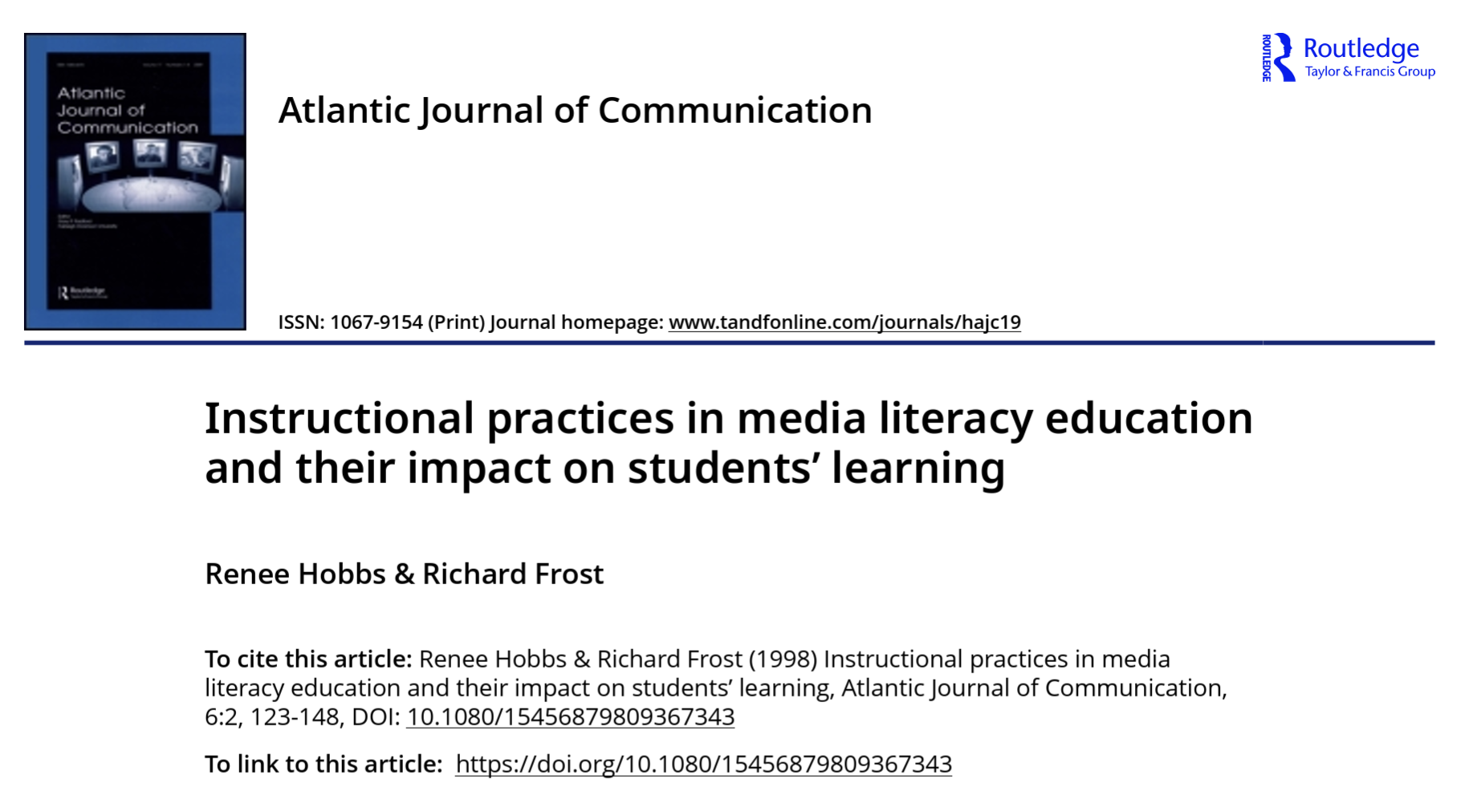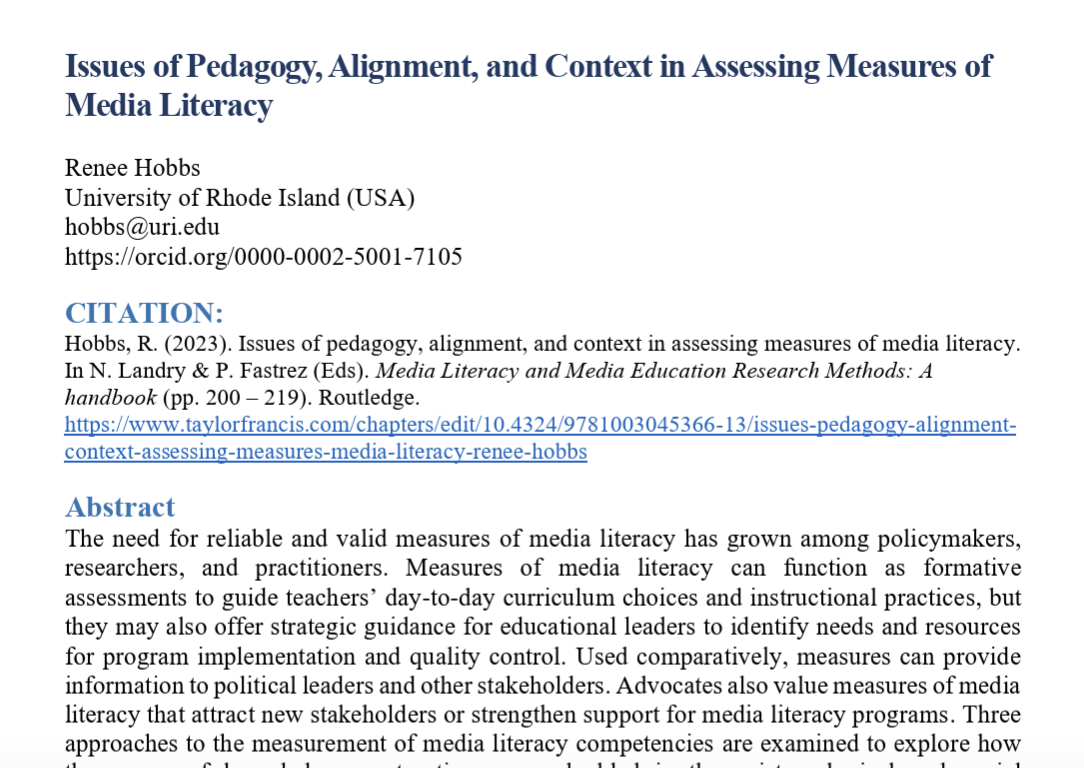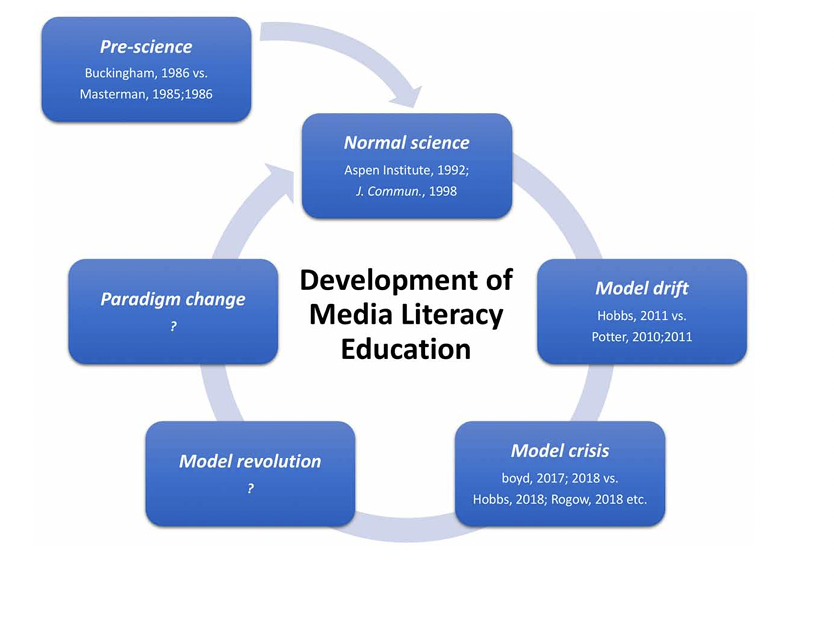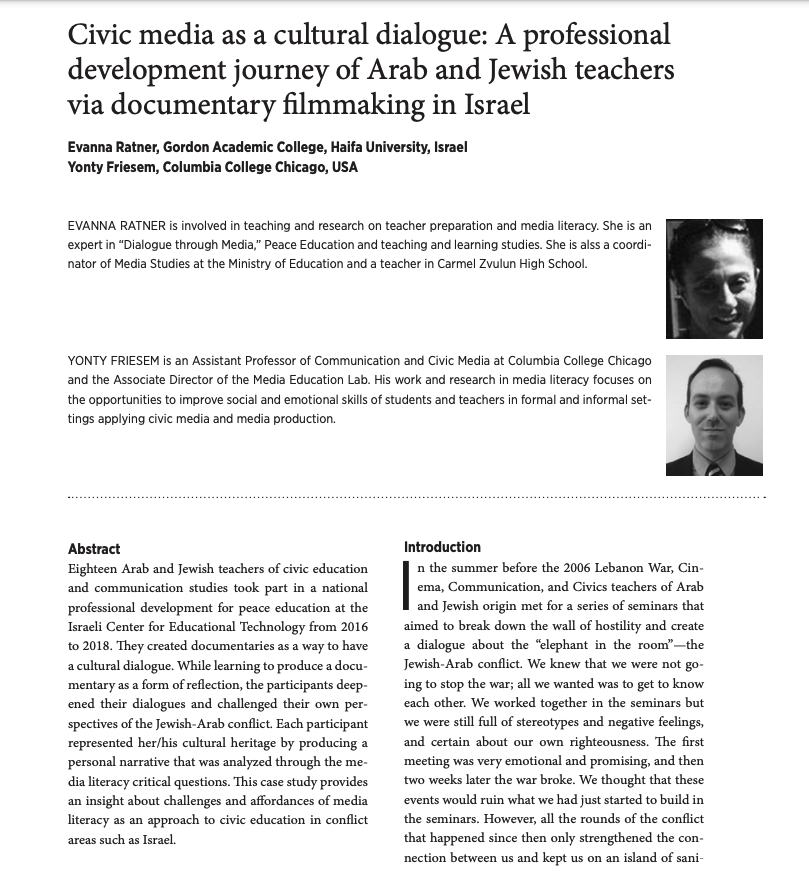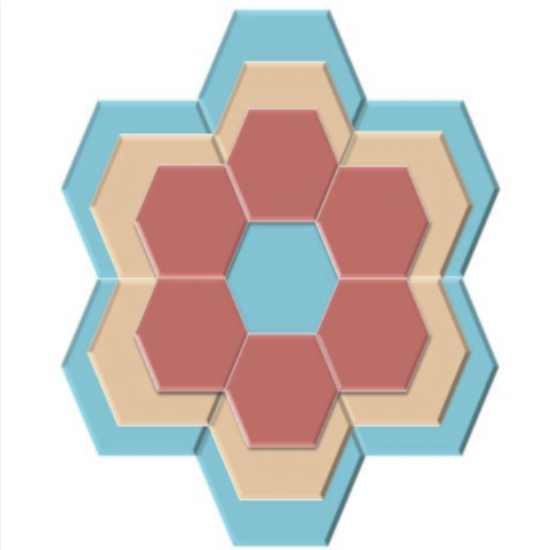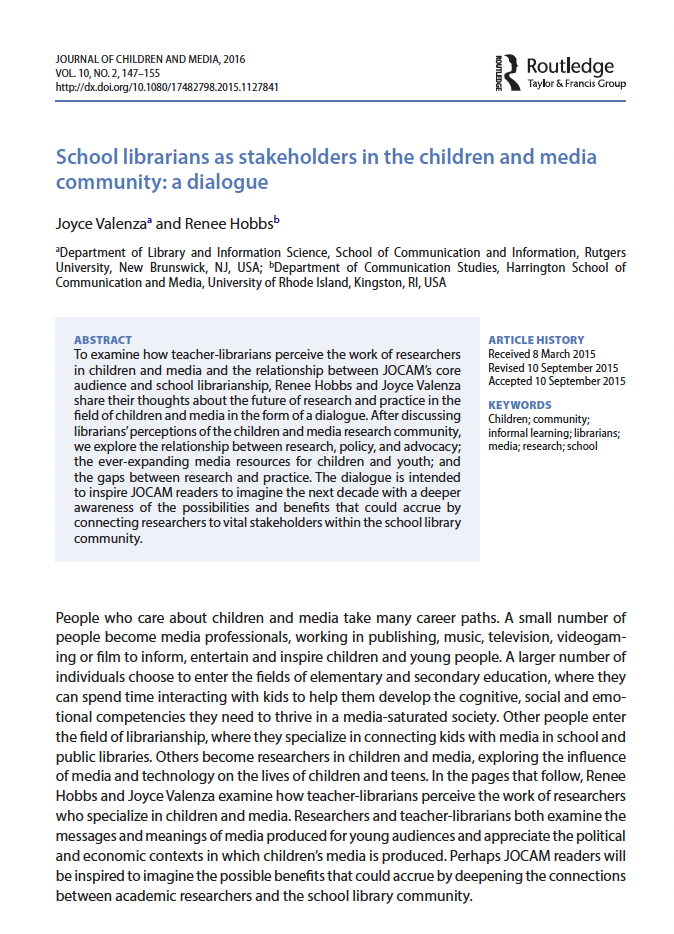- Home
- Social & Emotional Learning
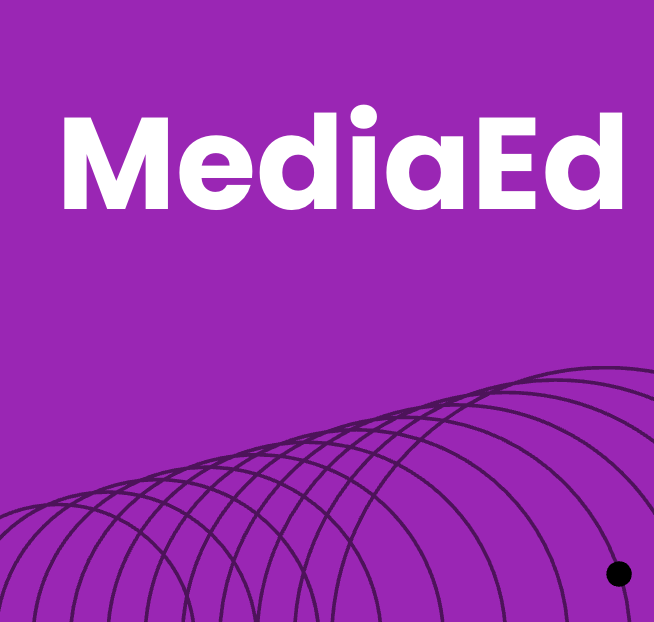
MEL Monthly Meeting
These gatherings are designed exclusively for the 71 people who are currently affiliated with the Lab as core team members, fellows, affiliated faculty, graduate students, or project collaborators.As our work continues to grow in reach, scale, and impact, these monthly meetings give us space to stay connected, share updates, coordinate…
Read More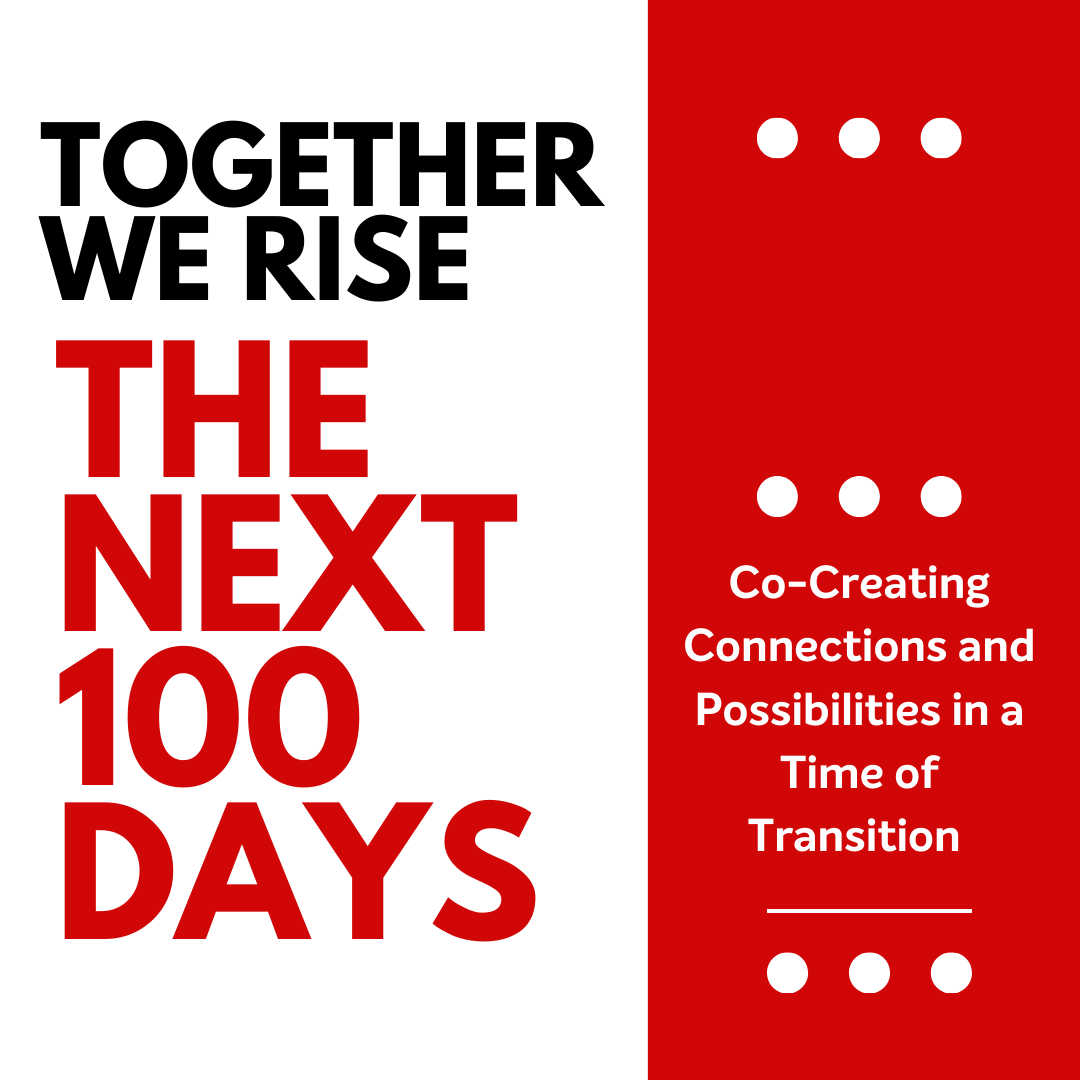
Together We Rise: December 2025
Dear friends of the Media Education Lab community,Like many of you, we are still processing the school shooting that took place at Brown University last week and the days of fear and anxiety that followed. Many members of the MEL community, including myself, live, work, teach, and study in and around Providence, Rhode Island. Many of you reached out to us in the past days, appreciating the…
Read More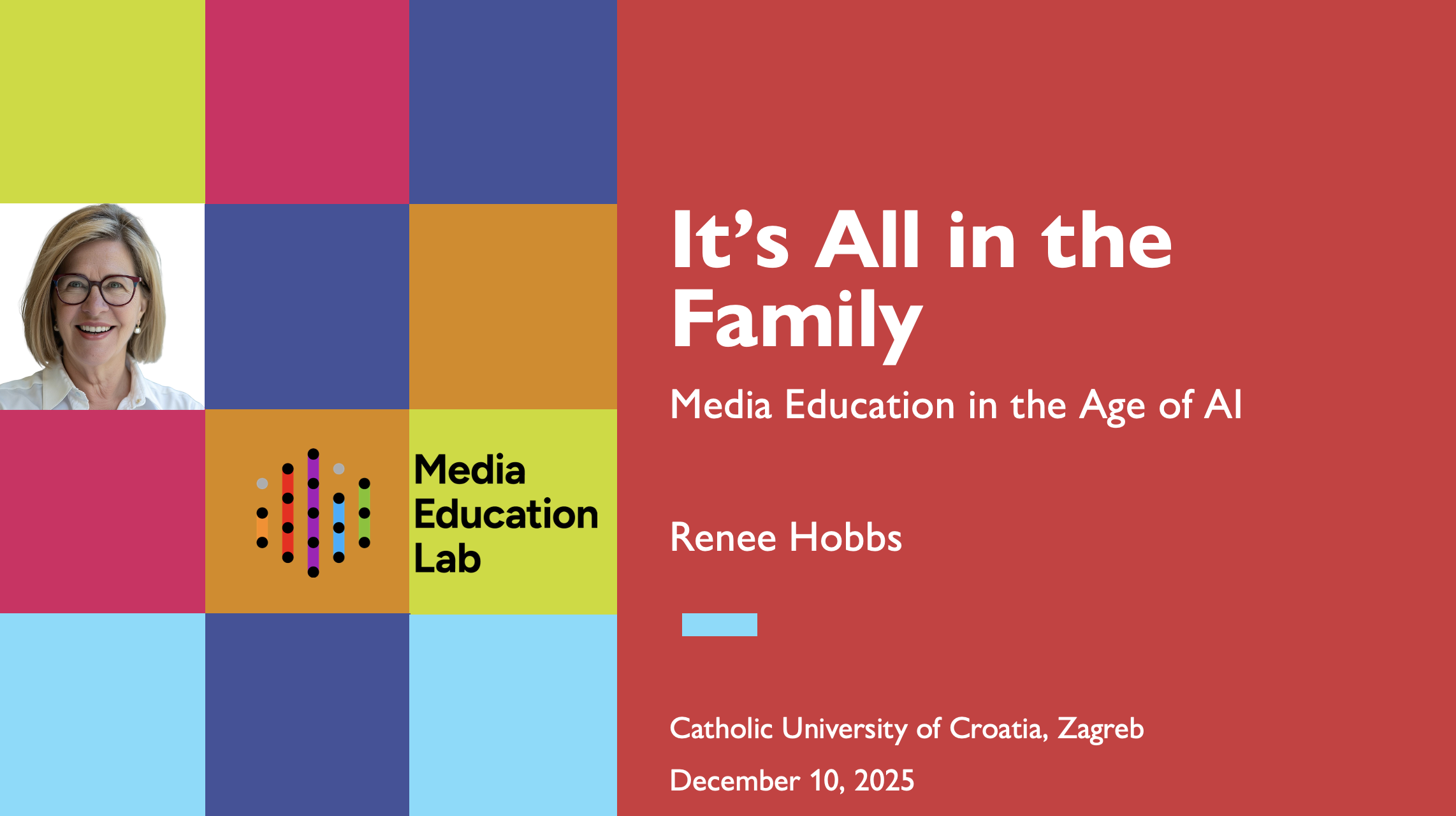
Media & Family Conference
The Catholic University of Croatia (CUC) hosts the "Media and Family in the Age of Artificial Intelligence" conference on December 10, 2025, focusing on media's impact on family life, alongside broader communication conferences addressing disinformation, with participation from international experts, promoting media literacy and digital citizenship, reflecting CUC's engagement in contemporary…
Read More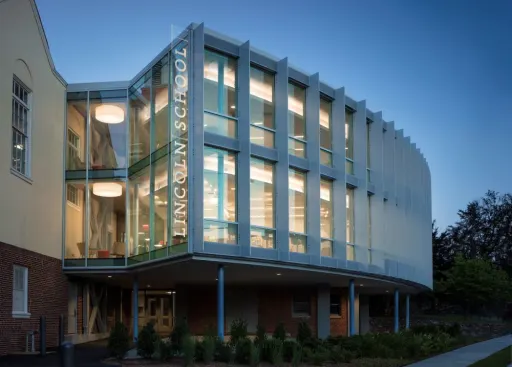
Civics Day at Lincoln School in Providence, RI
On Thursday, December 4th, we will join the middle and high school students at Lincoln School for Civics Day. This event is not open to the public, but the slides used are open and accessible. Click here to view.
Read More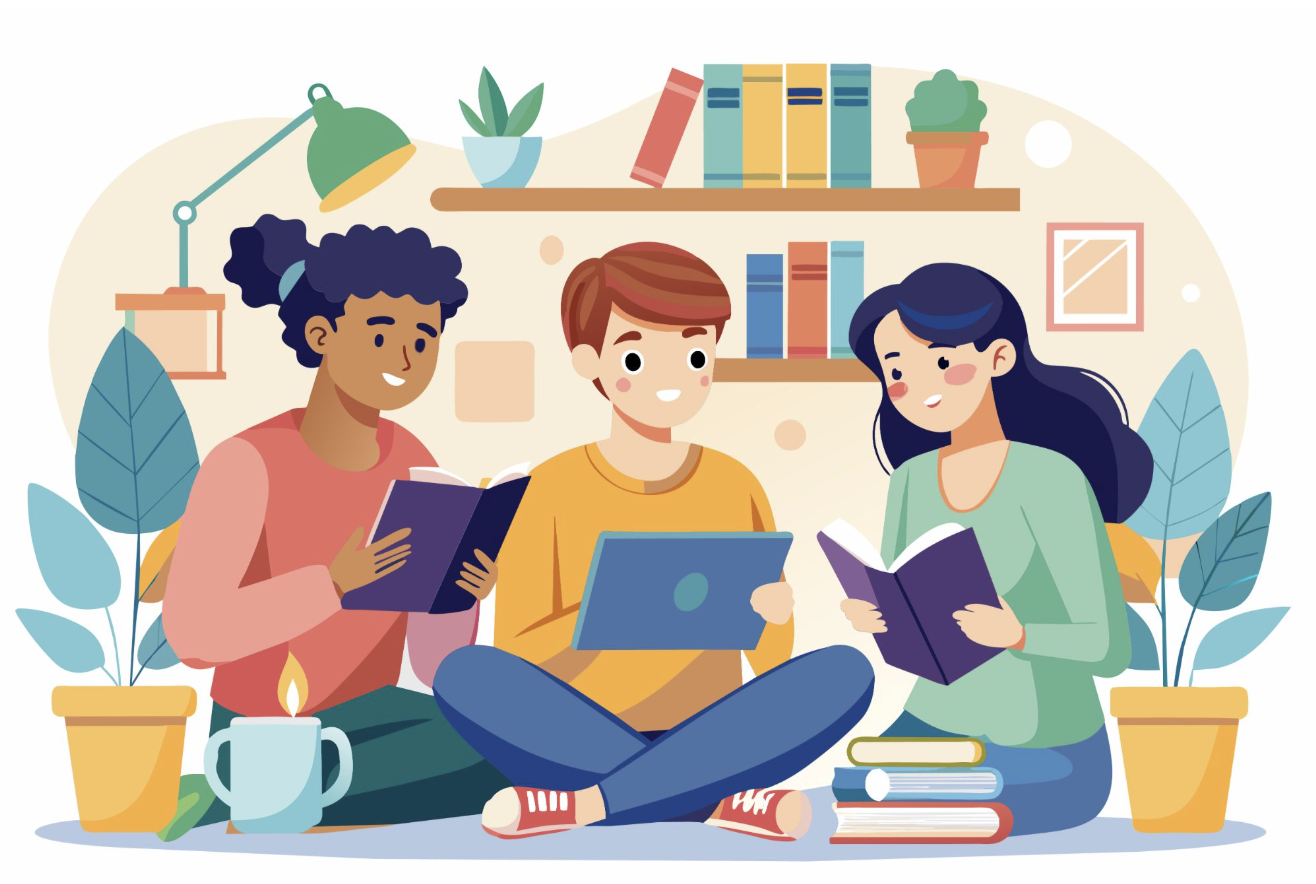
Media Mindfulness
Media Mindfulness: Building Media Literacy Through Meaningful Discussion Discover how media mindfulness can be a powerful tool to help people become savvy news consumers by engaging in thoughtful discussions about local and current issues. Through guided reflection, students consider which news stories are meaningful to them and how they make them feel. This approach promotes respectful dialogue…
Read More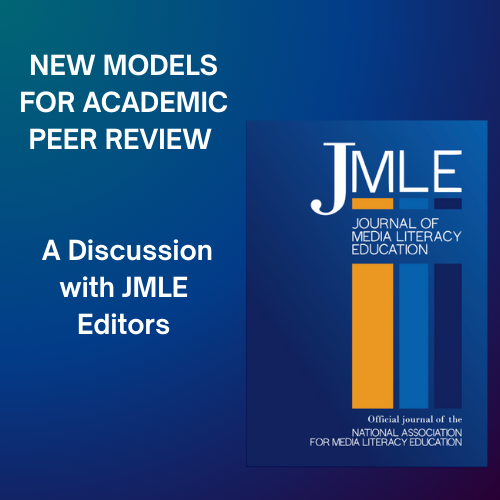
New Models for Academic Peer Review: A JMLE Discussion
What are some alternatives to the double-blind peer review system of academic journals? Not surprisingly, there are quite a few! Each model is trying to fix different weaknesses of traditional double-blind peer review (bias, slowness, opacity, gatekeeping). Join JMLE Editors for an informal conversation to learn more about the options available as we consider a path forward. DATE: Thursday,…
Read More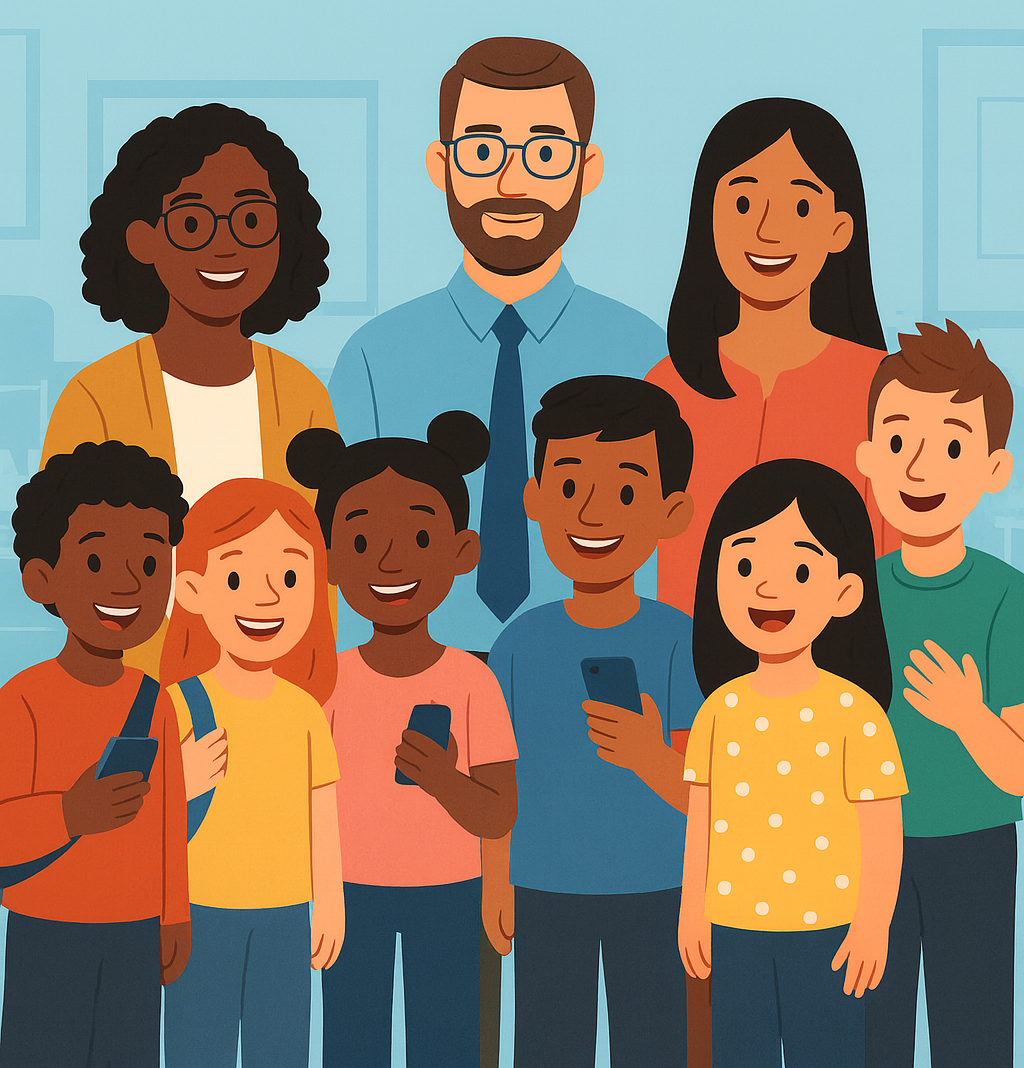
Cell Phones, Social Media, and Student Well-Being
Cell phone and social media use have shifted rapidly in the last few years, raising urgent questions about school cell-phone bans, cyberbullying, psychological impacts, and academic performance.This webinar reframes the conversation through a digital empathy lens, blending media literacy practices with trauma-informed approaches that support student wellness and mental well-being. We’ll explore…
Read More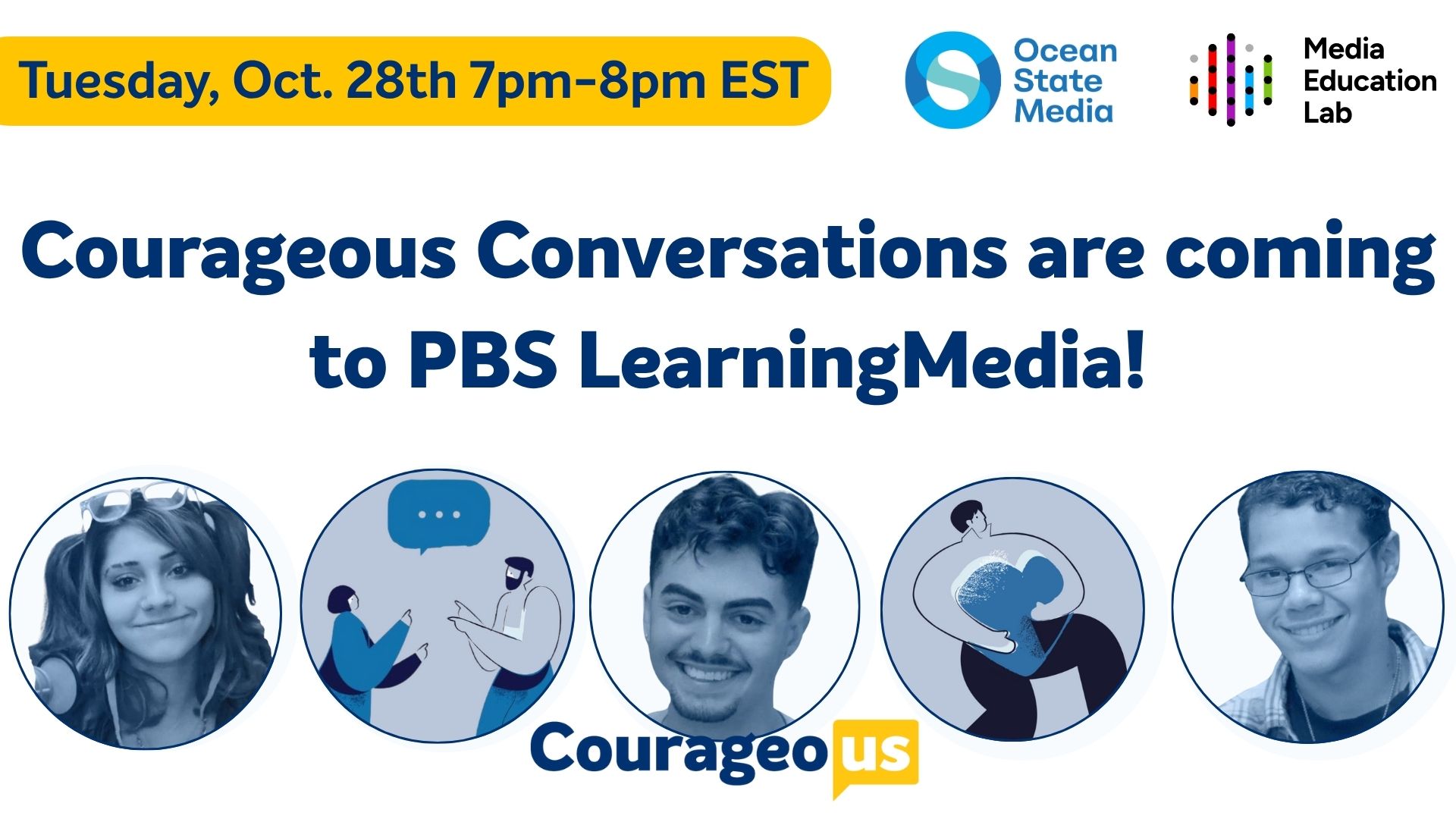
Courageous Conversations are coming to PBS LearningMedia
We’re excited to announce a collection of free classroom resources created by Courageous RI, an initiative of the Media Education Lab. This collection of lesson plans, hosted on PBS LearningMedia and produced by Ocean State Media, features videos of Rhode Island students engaging in real, courageous conversations about issues that matter to them and their peers.Political violence and…
Read More
Media Literacy: Critical Thinking for an AI World
MEDIA LITERACY Critical Thinking for an AI WorldStarting April 12, 2025 Work with a team of Palestinian and American educators to create a media literacy program for Palestinian young adults to build resilience and critical thinking skills WHY IT MATTERSIn today's digital age, navigating the complexities of media is crucial for everyone. Media literacy plays a crucial role in building resilience…
Read More
Media Literacy is for Everyone
In response to the enthusiasm and excitement around our last event in October, we are excited to officially invite you back to Rhode Island PBS for the next event in the recurring series, “Media Literacy is for Everyone”. DATE: Tuesday, February 11 TIME: 5:00 - 7:00 PM ESTLOCATION: Rhode Island PBS, 50 Park Ln, Providence, RI We're dedicated to the process of building relationships, identifying…
Read More
Digital Authorship Graduate Course
Digital Authorship (EDC 534) is offered in the Spring 2026 semester by Professor Renee Hobbs. It is one of four required courses in the Graduate Certificate in Digital Literacy. The course is offered fully online in an asynchronous format for Anytime Learning. DEADLINE TO REGISTER IS JANUARY 20, 2026 ABOUT THE COURSE: The…
Read More
Book Party, Media Literacy in Action, 2nd Edition
Join Renee Hobbs for a book party to celebrate the publication of Media Literacy in Action, 2nd edition!DATE: Wednesday, February 5, 2025TIME: 12 PM - 1 PM ESTLOCATION. Online. REGISTER HEREHelp students…
Read More
Together We Rise: The Next 100 Days
Together We Rise: The Next 100 Days Co-Creating Connections and Possibilities in a Time of Transition The program continues! Join us for reflection and fellowship. This weekly webinar addresses themes of social connection, political transition, stress reduction, and media literacy. Sessions include guest speakers, guided discussions, and mindfulness practices. We are co-constructing the support…
Read More
Applying Digital Ubunto/Empathy with election results
In the fourth interactive session, co-hosts Aurra Kawanzaruwa and Yonty Friesem will open a discussion on how do we feel and we are in regards to the U.S. election results. Participants will discuss how can we learn from what media education and digital citizenship across the globe during the pandemic. Where are we headed with digital Ubuntu/empathy? Participants are welcome to join the…
Read More
Digital Ubuntu/Empathy of Teenagers
In the third interactive session, co-hosts Aurra Kawanzaruwa and Yonty Friesem will share case studies of digital empathy/Ubunto with teenagers. Participants will discuss how can media education and digital citizenship across the globe support adolescent search for identity and human connections to society. What are the concepts of Ubuntu/Empathy when teens are engaged online? As teens get more…
Read More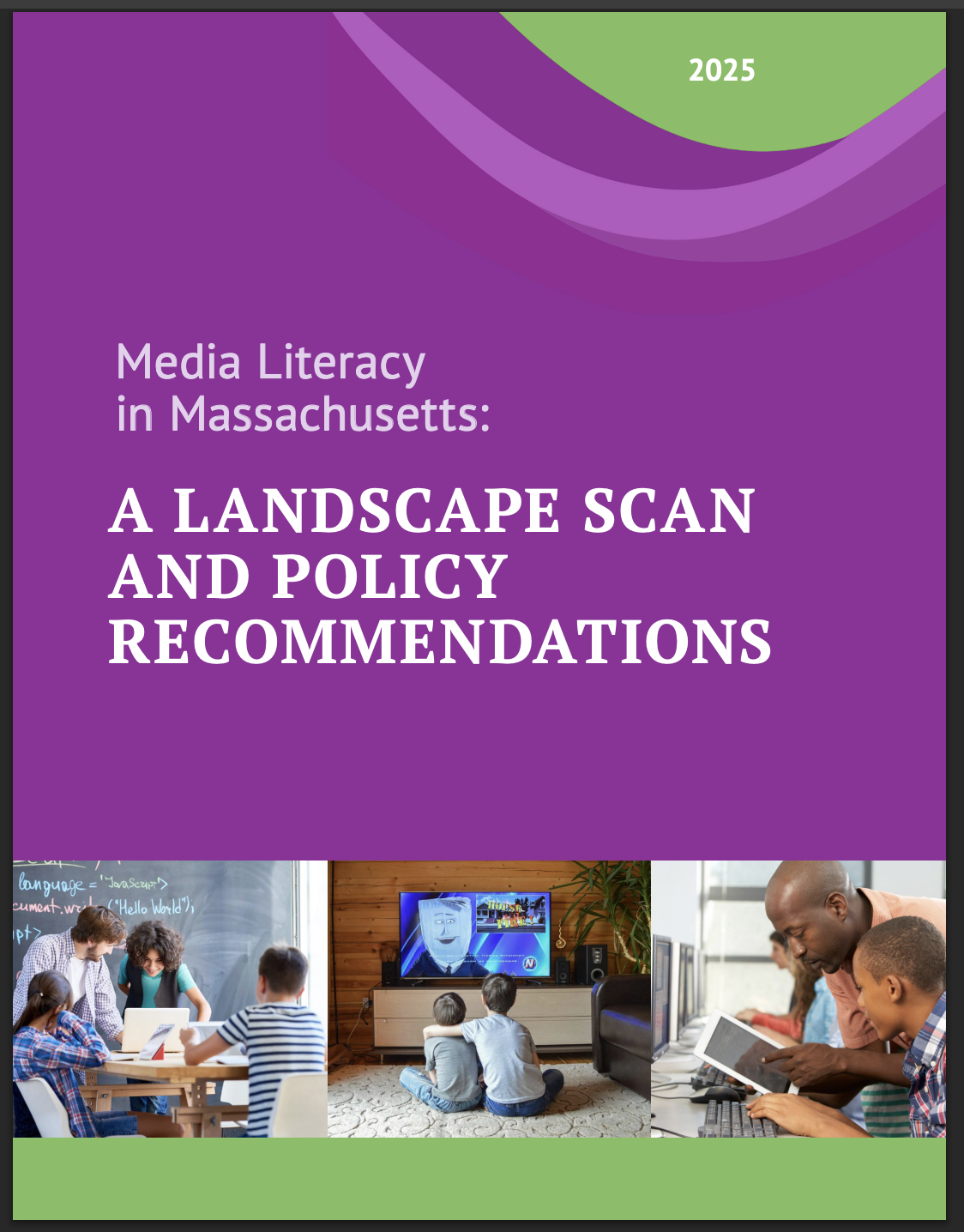
Media Literacy in Massachusetts: A Landscape Scan
The first-ever major statewide initiative to document the scope of media literacy education in American public schoolsClick here to read the report To better understand the status, challenges, and opportunities for advancing media literacy education…
Read More
Media Literacy in Action, 2nd edition 2025
The blurring of entertainment, information, and persuasion is reshaping work, life, and citizenship. As a result, our relationship to media has never been so important nor so complex. By asking critical questions about what they watch, listen to, read, and use, students can be better prepared to be responsible communicators who can use a variety of formats and genres for self-expression and…
Read More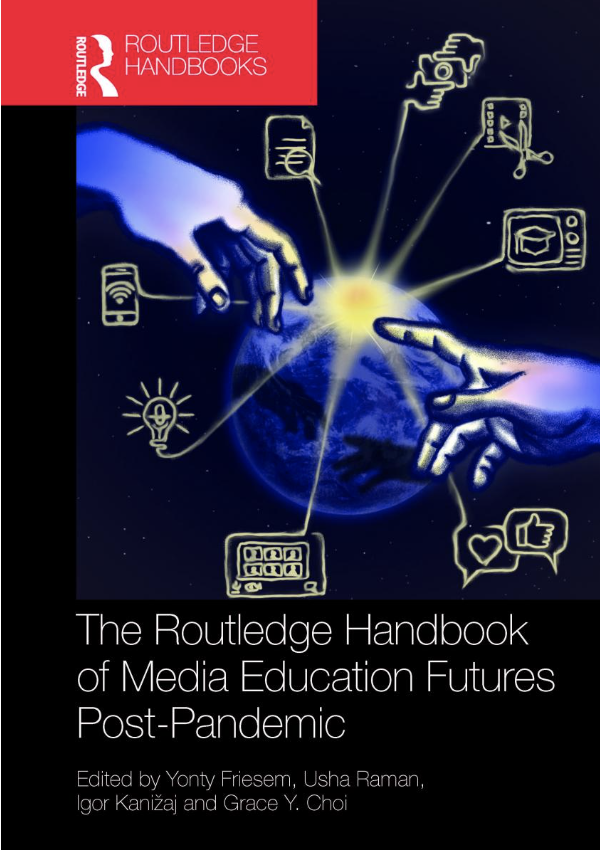
The Routledge Handbook of Media Education Futures Post-Pandemic.
Our team from the Media Education Lab is proud to announce the publication of The Routledge Handbook of Media Education Futures Post-Pandemic.This handbook showcases how educators and practitioners around the world adapted their routine media…
Read More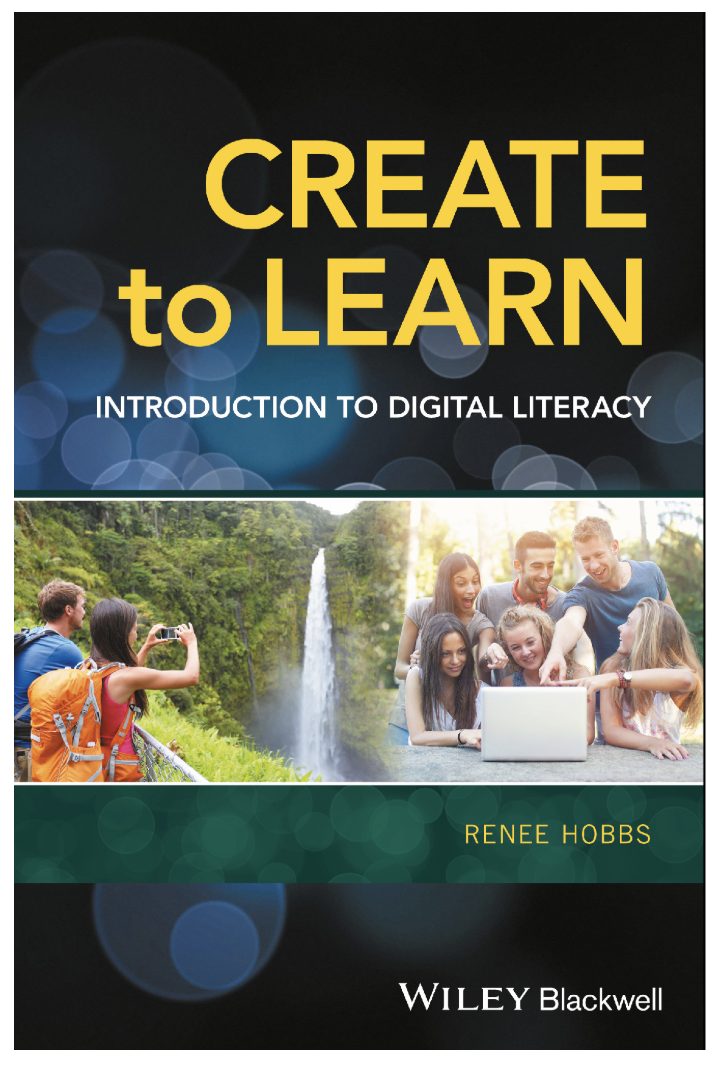
Create to Learn
Create to Learn helps learners create multimedia texts as they develop both critical thinking and communication skills. Written by Renee Hobbs, one of the foremost experts in media literacy, this book introduces a wide range of conceptual principles at the heart of multimedia composition and digital pedagogy. Its approach is useful for anyone who sees the profound educational value of creating…
Read More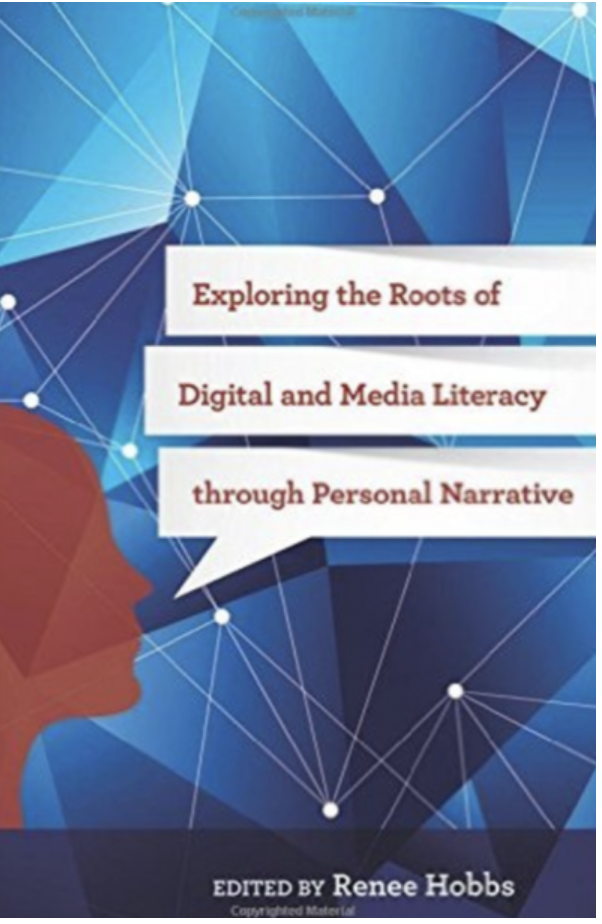
Exploring the Roots of Digital and Media Literacy through Personal Narrative
Explore the multidisciplinary nature of media literacy education It's been said that the lack of scholarship about the history of media literacy has been a source of some of the conflicts and debates among scholars and practitioners. Media literacy stands at the intersection of the fields of media studies and education, and these scholars have divergent perspectives on the past, present and…
Read More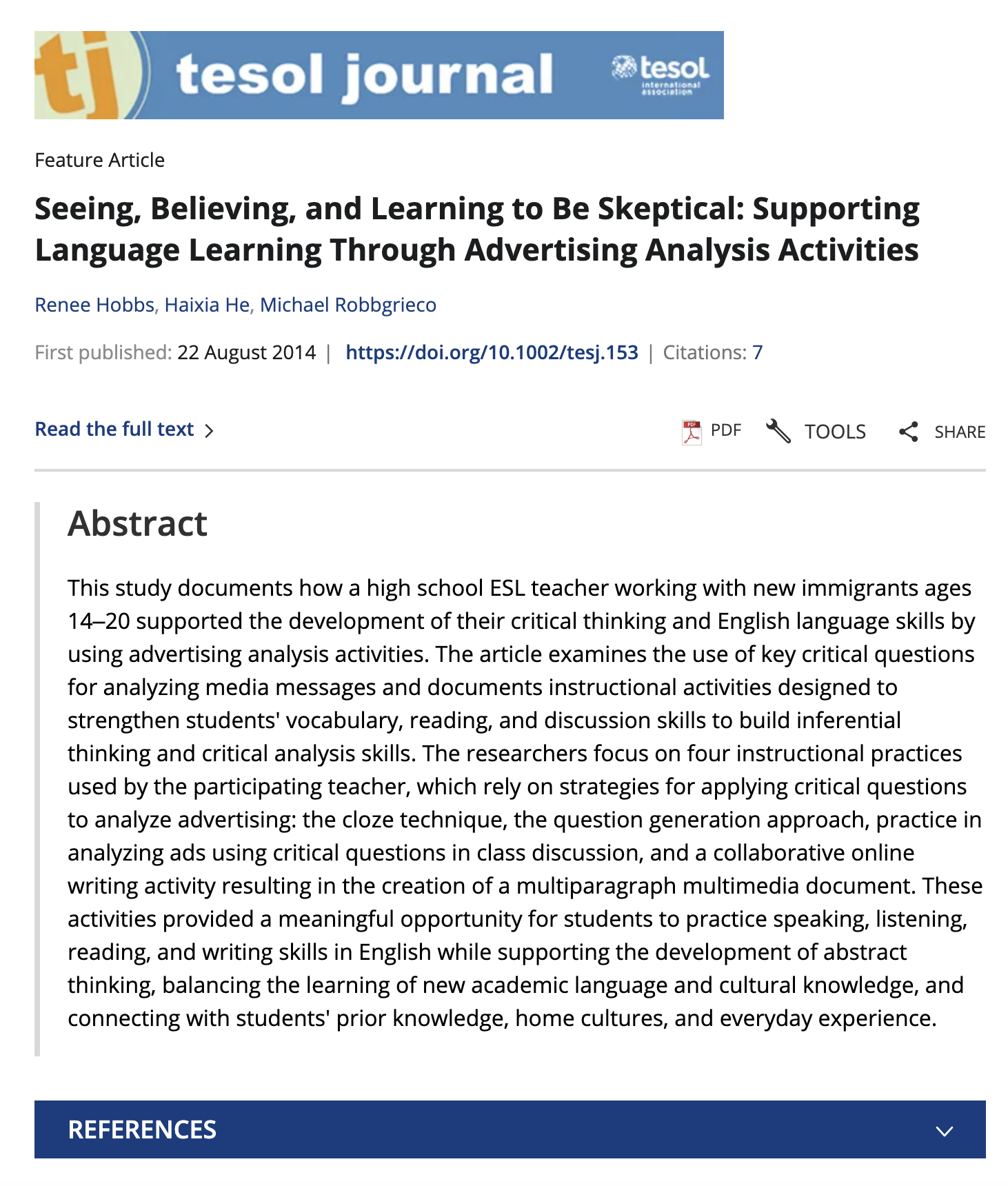
Seeing, Believing and Learning to be Skeptical: Supporting Language Learning Through Advertising Analysis Activities
Access the PDF here This study documents how a high school ESL teacher working with new immigrants ages 14–20 supported the development of their critical thinking and English language skills by using advertising analysis activities. The article examines the use of key critical questions for analyzing…
Read More
Your Turn to Talk
Now you can participate in online dialogue with people from across the country and around the world with "Your Turn to Talk," a digital interactive learning experience made especially for Renee Hobbs' book, Media Literacy in Action, 2nd edtion. CLICK HERE…
Read More
Teachers Guide, Media Literacy in Action
This Teacher’s Guide will help you get the most out of the new textbook by Renee Hobbs, as it offers practical guidance on using this textbook in the classroom. Whether you are an experienced teacher or teaching media literacy for the first time, this guide…
Read More
Discovering Media Literacy
Visit the website Discover Media Literacy to see lesson plans for staff development programs with teachers, along with videos and student work samples linked to our book!…
Read More
Understanding Implicit Bias: The Power of Reflection
Developed by Elizaveta Friesem, Media Education LabLESSON 1: Edward Adelson’s Checkerboard IllusionLESSON 2: The Implicit Association TestLESSON 3: Considering the Consequences of Implicit Bias OverviewDOWNLOAD THE LESSON PLANS HERE Students develop a better understanding of their own…
Read More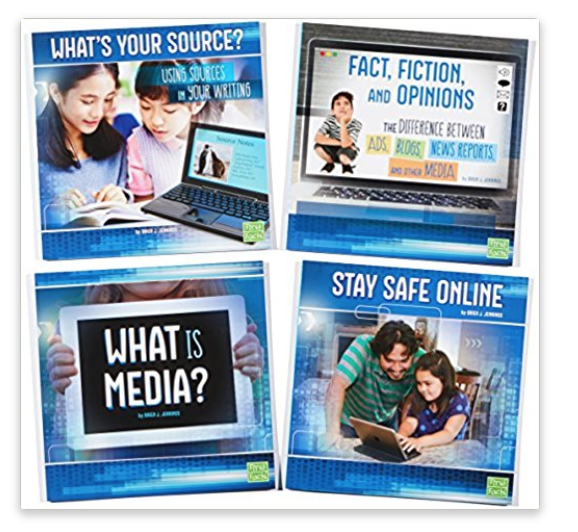
All About Media
It's never too early to be smart about media!Give emerging readers the tools to learn about media, evaluate it, and understand it. Readers will learn essential critical thinking concepts along with important topics such as understanding how to find sources and how to properly source, privacy and Internet safety, evaluating ads and news reports, and determining the differences between facts,…
Read More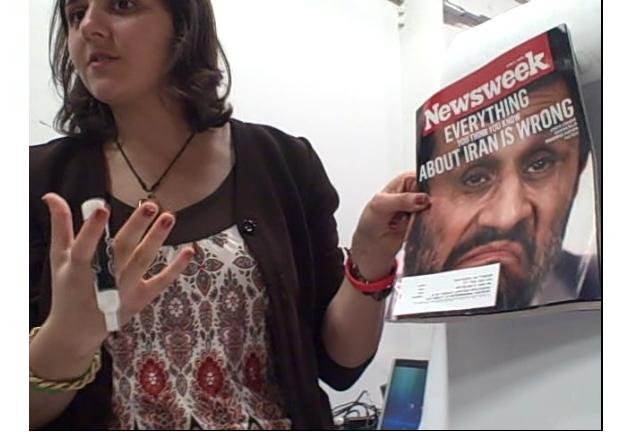
Iranian Youth and Media Literacy
Curriculum Resources from the Youth Media Workshop for Iranian American Youth, held in Philadelphia from August 3 - 7, 2009 at the Asian Arts Initiative. See the lesson plans and reflections. Developed by Aggie Ebrahimi Bazaz, this program was also co-sponsored by: …
Read More